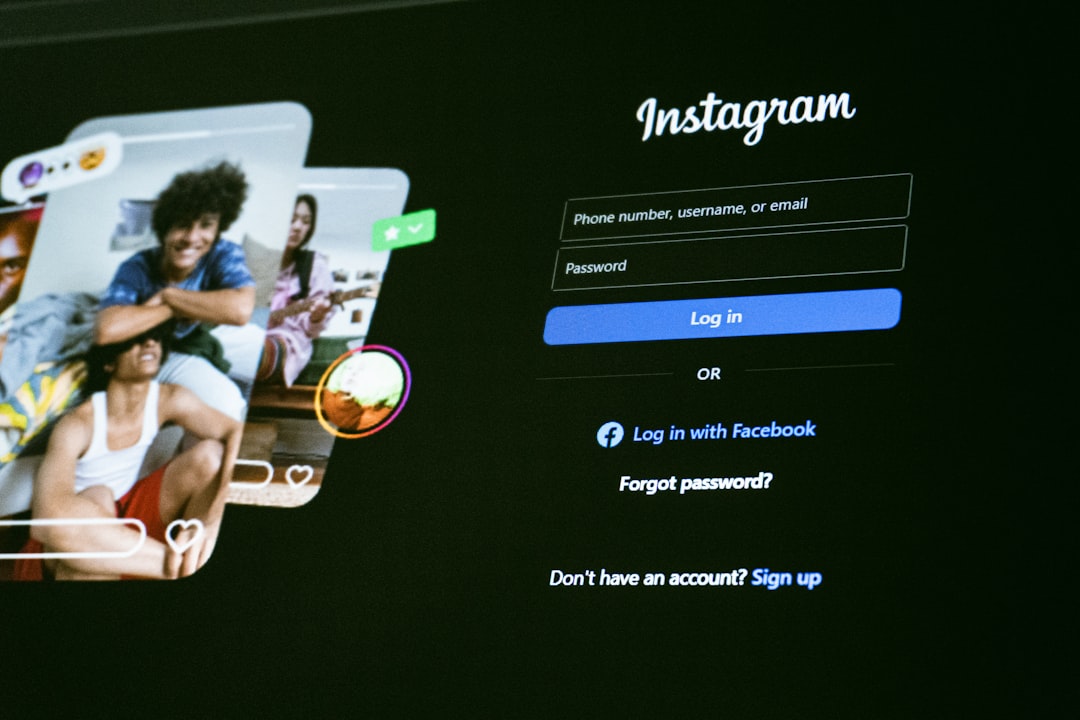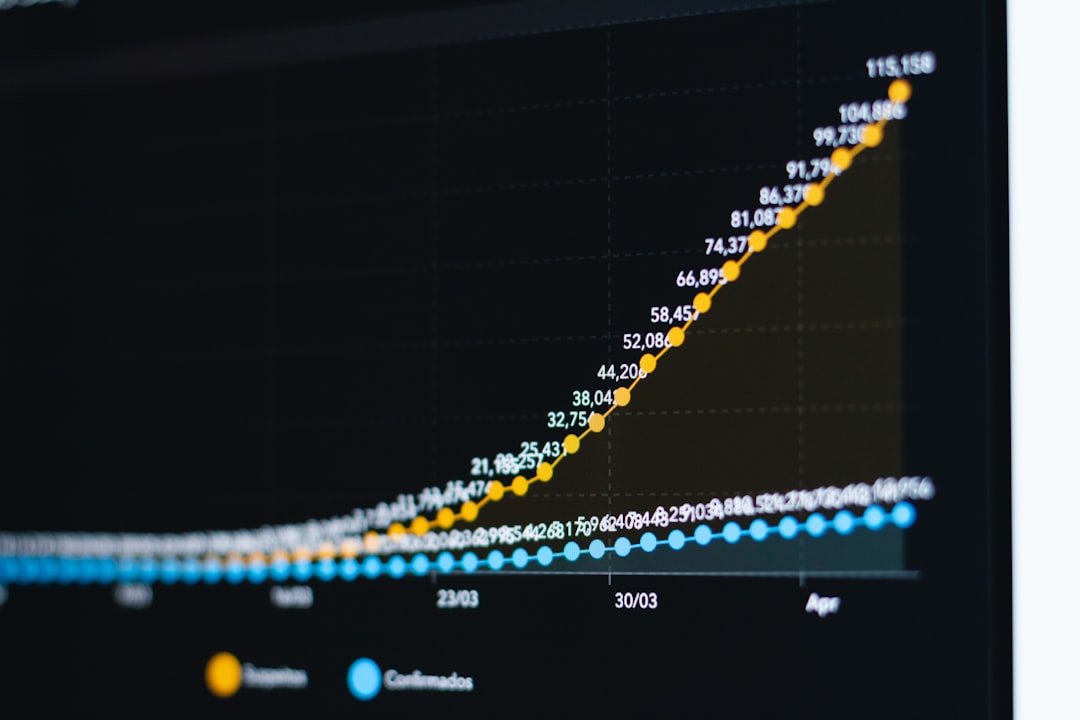With the rapid evolution of digital marketing, social media has emerged as a powerful tool in boosting visibility on search engines. While traditional SEO techniques remain essential, integrating social media strategies can drastically enhance a brand’s online discoverability. Leveraging social media tools specifically designed to optimize posts can elevate engagement, increase click-through rates, and improve rankings across search engine results pages (SERPs).
The Connection Between Social Media and SEO
Although social media signals are not a direct ranking factor for Google, there is a strong correlation between social media activity and SEO performance. When users share and engage with content, it produces additional backlinks, timing cues, and consistent traffic — all elements that search engines consider positively when ranking content. Search engines also crawl social platforms, indexing public content and posts, which makes optimization crucial.

How Social Media Tools Enhance Post Optimization
Utilizing social media tools can streamline the optimization process. These platforms offer multiple features that contribute directly or indirectly to SEO. Here’s how:
- Keyword Discovery: Tools like BuzzSumo, SEMrush, or Hootsuite Insights help discover trending keywords and hashtags in a niche, allowing brands to tailor their content accordingly to achieve better visibility.
- Optimal Posting Times: Scheduling platforms like Buffer or Sprout Social analyze audience engagement patterns and recommend the best times to post, enhancing the chances of posts being seen and shared.
- Consistent Branding: Visual design tools, such as Canva integrated with publishing tools, assist in maintaining consistent branding and image optimization, increasing brand recognition and authority.
- Performance Insights: Analytics features in social media managers track post performance to identify which types of content perform best and refine future strategies.
- Link Tracking and Shortening: Tools like Bitly help in managing and tracking shared URLs. This keeps URLs clean, professional, and provides data that can be used for SEO strategy adjustments.
Improving Engagement with Social Media Tools
Social engagement metrics such as shares, comments, and likes contribute to indirect SEO benefits. While not direct ranking signals, they create more entrance points to a website or content piece, driving organic traffic. High engagement can also lead to editorial backlinks when journalists or bloggers discover popular content through social platforms.
Social tools facilitate higher engagement by:
- Optimizing Visuals: Posts with attention-grabbing visuals perform better. These tools provide templates and design elements that align with current trends.
- Integrated Social Listening: This feature monitors conversations around keywords and brand terms, helping marketers discover new angles and content opportunities to draw attention.
- Cross-Platform Publishing: Time-saving features automate content distribution across multiple social networks without sacrificing post quality or customization.

Hashtag and Metadata Optimization
Social media tools can also suggest the most relevant and trending hashtags, optimize meta descriptions, and structure posts for better visibility. Hashtags serve as SEO keywords within social platforms, helping users discover content more efficiently. Strategic placement of hashtags and inclusion of link previews can significantly enhance searchability within platforms themselves and through external search engines.
Enhancing Local and Voice Search Presence
With the surge in voice-activated searches and localized queries, ensuring that social profiles are complete, up-to-date, and optimized becomes an important SEO tactic. Tools that update bio, contact details, and content across platforms simultaneously assist in maintaining consistency — a factor that search engines reward.
Conclusion
Social media tools are not just for scheduling and publishing. When used strategically, they provide insights, amplify reach, and optimize each post’s elements to align with SEO goals. As search engines increasingly integrate real-time social signals into their algorithms, a well-optimized social media strategy — powered by the right tools — can be a game-changer for online visibility.
FAQ
- Q: Do social media tools directly improve SEO?
A: While they don’t affect rankings directly, they enhance visibility, engagement, and traffic, all of which contribute to better SEO performance. - Q: Which tools are best for optimizing social media posts?
A: Popular choices include Hootsuite, Buffer, Sprout Social, Canva, and BuzzSumo for insights, visuals, and scheduling capabilities. - Q: Can using hashtags really affect SEO?
A: Yes, hashtags improve discoverability within social platforms and help categorize content, indirectly supporting content visibility and SEO efforts. - Q: What role do images play in optimized social media posts?
A: High-quality visuals increase engagement, which can lead to more shares and links, indirectly supporting SEO goals. - Q: How often should posts be optimized with these tools?
A: Optimization should be consistent. With scheduling tools, you can adopt a data-driven strategy across all posts for maximum impact.




